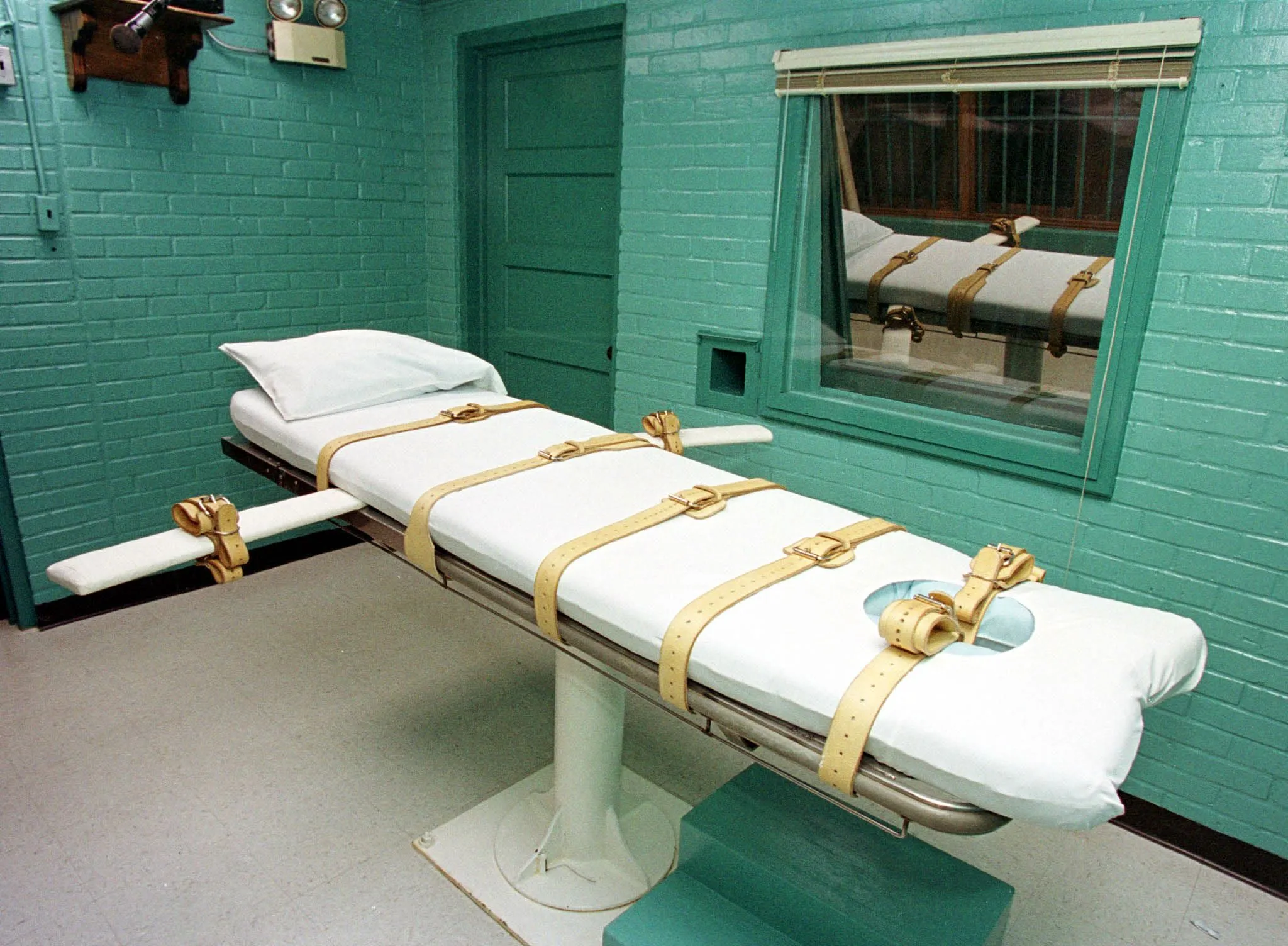In a state where political rhetoric has long turned into sparks near a powder keg, Ohio Republican lawmakers are proposing a radical remedy to extinguish the flames: the death penalty for politically motivated killings. This step, inspired by a series of bloody incidents that shook the nation, not only highlights deep concerns for the safety of elected officials but also fuels longstanding debates over the justice of punishments in times when democracy seems as fragile as glass under hail.
The bill, introduced by State Representative Jack Daniels, a Republican from New Franklin, and his colleague Joshua Williams from Sylvania, proposes harsher sanctions for "politically motivated violence." Specifically, for murder classified as such, prosecutors would be able to seek the death penalty, while penalties for lesser crimes could range from mandatory life imprisonment without the possibility of parole to a minimum of 10 years for any act of violence with a political undertone. "This law is a shield for freedom of speech," insists Daniels, whose words echo concerns in Capitol Hall corridors. "We want people to feel safe, and not hide behind surveillance cameras, like I did after the horrific murder of Melissa Hortman."
The incident that became a catalyst occurred in June: former Minnesota House Speaker Melissa Hortman was shot in her home, and it’s not just a tragedy — it’s a blow to the heart of American politics. Daniels, who admits to installing cameras around his house for "somewhat scary" reasons, is not alone in his paranoia. The attack led to increased security at Ohio Capitol: police patrols have grown, and lawmakers have begun receiving "quiet" escorts home. And in early September, the echo rang out again — conservative activist Charlie Kirk, a MAGA movement voice, became the victim of a similar crime, only adding fuel to the fire.
Governor Mike DeWine, whose administration has long balanced between conservative impulses and moderation, joined the chorus of calls for action. "We need to tone down the rhetoric," he stated, his words infused with that signature Ohio pragmatism, combining farming wisdom with Washington caution. "Respect for fellow citizens is not just a slogan, but a necessity for preserving our democracy." DeWine, who has not signed any death warrants during his five years in office, despite Ohio retaining the death penalty in its arsenal, acts here as a moral compass: his criticism of punishments that "kill innocents" makes the bill even more controversial.
But shadows of doubt are not absent behind these shields. Rachel Coyl, a progressive activist from Ohio Against Extremism, sees the proposal not as a shield, but as a trap. "What will prevent prosecutors — often with political biases — from applying the death penalty selectively? Only against liberals, or only against conservatives?" she asks, her words reflecting broader concern pulsating through American courts: inequality in punishments, where the poor and marginalized pay a higher price. Coyl also warns about "long-term traps" — a minimum of 10 years for "politically motivated" crimes could become a tool for extending sentences for anyone the authorities "dislike." The death penalty, she notes, is losing popularity even among Republicans: Pew Research polls show support falling below 50% in key states, where racial disparities in executions are becoming intolerable for the nation’s conscience.
Daniels dismisses these fears with a optimism bordering on naivety. "This is a bipartisan issue," he asserts, although no Democrat has signed the bill. "Political violence is a cancer for our democracy, and we will give courts the flexibility for maximum impact." He relies on convincing fellow Democrats, emphasizing that the goal is not revenge but deterrence. Yet in Ohio, where the 2024 elections have left scars of polarization, such faith seems as fragile as autumn ice on Lake Erie.
Alongside these "shields," "swords" are also emerging. Recently introduced H.B. 460 allows legislators, state officials, and judges to carry firearms in government buildings — provided they have a concealed carry license. "When wolves are at the door, shepherds must be armed," whisper supporters in the corridors, referencing increased threats after the 2021 Capitol riot. The bipartisan H.B. 306 goes further: it bans hate crimes, increasing penalties for attacks based on race, gender, or political beliefs — a step that could be a bridge over the chasm, but in reality risks becoming yet another battlefield.
Meanwhile, Democrats do not give up: their initiatives on gun control — from red flags to universal background checks — are bogged down in committees, like in Ohio’s swamp. In a state where industry and fields neighbor factories of fear, these bills might be the first steps toward a reboot — or just another act in a tragedy where rhetoric kills faster than bullets. How will Ohio, the heart of Ruth Beldt, respond to the challenge? The nation holds its breath in anticipation.


